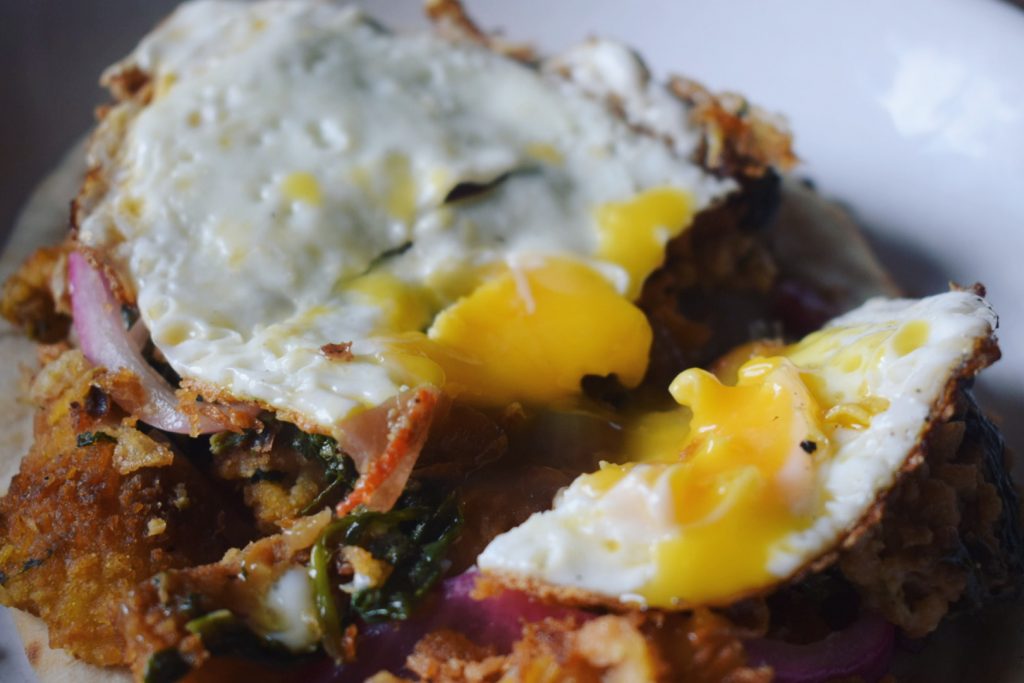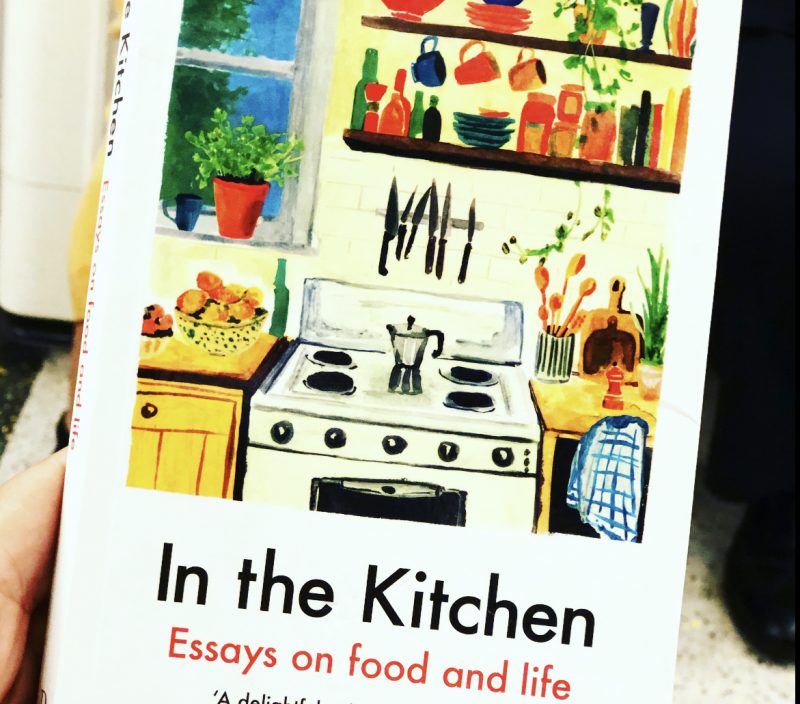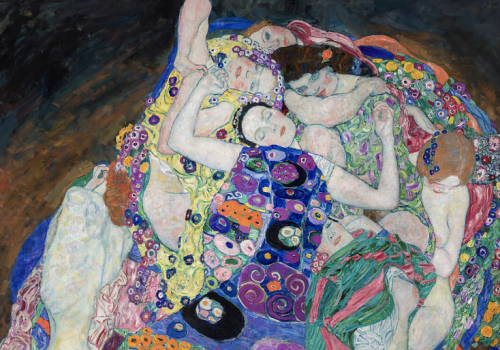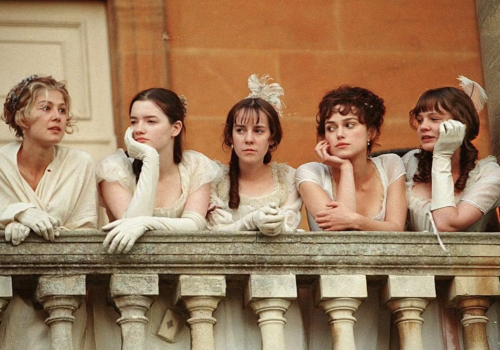I somehow managed to get through my Art History degree without doing much reading (perhaps that’s why I graduated with a 2:2) However since graduating in 2019, I have found that I actually quite enjoy reading essays, who knew that when you can choose them for yourself, essay reading can be some of the most enjoyable reading of all? Essay collections (not unlike poetry anthologies and short story collections too come to think of it) are some of my favourite things to read as you can dip in and out of them.
In the Kitchen: Essays on Food and Life was published by Daunt Books at the end of 2020 and contains 13 essays. Today I’m going to talk about my favourites from the collection and also share some of the things I’ve been cooking this month.
The book is split into three sections, firstly…
Coming to the Kitchen
My favourite essay in the first section is by Juliet Annan. Juliet has worked in publishing for 40 years and is the founder of Fig Tree Publishing which is now a Penguin imprint. Her essay is titled, The New Thing and is about the joy of cooking things for the first time, it’s also full of lovely anecdotes and names like Laurie Colwin (Juliet is actually the UK publisher for her book Home Cooking) and Nora Ephron are delightfully dropped throughout. Juliet’s essays structure is actually modelled after one Nora Ephron wrote for the New Yorker called Serial Monogamy which chronicles her life through cookbooks. One of Juliet’s essential cookbooks is How to Eat by Nigella Lawson.
This month I too experienced the joy of “The New Thing”, I must have been the last person on earth who hadn’t tried Nigella’s Fish Finger Bhorta but I’m so glad I have now! Quick, easy to make, not too many ingredients and absolutely delicious but as Annan says, “when the new things works, it makes it’s way into the repertoire, a new thing no more.”

Other essays in this section include an essay by Rachel Roddy who starts the collection by documenting her life through all the cookers she’s known. I couldn’t really relate, having had the same gas hot point cooker for my whole life, it gave up when I was about 19 and was replaced by an identical gas hot point cooker. Rachel, however, is on her fourth cooker by the age of ten, an aga. Her sixth cooker she never saw, it lived in the basement of the hospital where she was a patient for almost a year. After that there’s an old rented cooker, a noisy cooker, a few different smeg cookers and so on. Soon she’s onto the fifteenth cooker, then the sixteenth, the seventeeth, each one coming with a short explanation of where she was or what she was doing at the time that particular cooker was in her life, cookers in Rome, cookers that looked across beautiful courtyards full of plants, truth be told, in the end I found Rachel’s essay a little depressing, it made me think rather regretfully about the fact that I have only ever known one cooker.
Then there was Ella Risbridger (you can read my review of her book Midnight Chicken here) who’s essay begins, “I am always falling in love in kitchens” and Rebecca Lui who writes about The Future of Food.
Reading and Writing in the Kitchen
I really loved Laura Freeman’s essay Brain Food, it’s about how difficult it can be to write when all you can think about is what’s for dinner. Ritual by Daisy Johnson is about the rituals we all have around food and eating, she starts off by talking about her own family, who make homemade Christmas Eve pizzas which reminded me of another essay I’ve read on a similar topic by Jeanette Winterson who writes, ‘Ritual is a way of altering time. By which I mean a way of pausing the endless intrusion of busy life.” Whilst Jeanette’s essay (which you can read here) focusses solely on Christmas Traditions, Daisy goes on to talk about the small rituals of every day life. Mayukh Sen and Ruby Tandoh both talk about loss in their essays , Ruby’s about lost love and Mayukh the loss of a parental figure questioning what can be salvaged from those loses through food. Whilst, Rebecca May Johnson writes a psychedelic feminist masterpiece about Mermaids (the Cher film) and finger food.
Beyond the Kitchen
The final section in the book goes beyond the kitchen, Yemisí Aríbisálà talks of falling in love with a boy who didn’t like her pepper soup, in; “The Long and Short of the Love Affair that Imploded because of Eccles Cakes, Three Quarters of Quiche and Don’t-Cut-My-Leg-African Chicken” and the impossibility of imagining a life spent with someone who counted the sausages a guest ate at dinner or measured the amount of bread shared with a friend. Joel Golby‘s essay dissects the “Buffet” in all it’s varied and glorious forms, from the hotel breakfast buffet to the your mums party spread, he questions, “Who Are You When No One is Watching.” This section also includes essays by the poet Nina Mingya Powels and the New York Times best selling cookbook author, Julia Turshen.










Leave a Reply